Steve Wynn was the vocalist, guitarist, and principal songwriter for The Dream Syndicate, a key band in the guitar-driven neo-psychedelic Paisley Underground sub-genre which emerged in early 1980’s Los Angeles. Their first album, the Velvet Underground-influenced The Days of Wine and Roses, is considered an early classic of the alternative rock genre. The Dream Syndicate recorded several more albums, including 1984’s Sandy Pearlman-produced Medicine Show. After The Dream Syndicate broke up, Wynn continued his prolific career, with acclaimed albums as a solo artist and with Gutterball, The Miracle 3, and The Baseball Project.
This interview was done by email, with answers received on 3/1/11. It served as the basis for a preview article for the 4/1/11 concert by The Baseball Project, which also includes Peter Buck from R.E.M., Scott McCaughey, and Linda Pitmon.
Jeff Moehlis: What can we look forward to for the upcoming Baseball Project concert at the Mercury Lounge?
Steve Wynn: On our last tour in 2009 we were covering all the bases — no pun intended — with songs from all of our individual careers as well as The Baseball Project. That will probably be the case again this time although I imagine we’ll lean more on the baseball songs since we have a lot more material this time around.
JM: Baseball is not a particularly obvious topic for rock ‘n’ roll songs. Why baseball?
SW: I disagree. It’s a VERY obvious topic. Once you realize that the subject of baseball is a breeding ground for nostalgia, regret, the potential for one man to rise up against the odds and the system, arcane Americana and just about all the subjects that make for good rock and folk music, you begin to see that there are a million songs to be written about baseball. So far we have about 40.
JM: Do you think that the Baseball Project songs will appeal to people who are not baseball fans?
SW: Absolutely. I can take any of the songs that we’ve written and distill them to one message or archetype that translates to not only any other sport but the shared experience of most people that will hear the record. I don’t think you had to be a pugilist to appreciate “The Boxer.”
JM: You first made a splash with The Dream Syndicate. How did that band come together?
SW: We were just like minded friends who got tired of not hearing the music that we loved. We were into droning guitars, garage rock, 20 minute songs that never changed chords and things like that, things that were not fashionable in the era of Human League and Flock Of Seagulls. Turns out that other people were looking for very much the same thing.
JM: Early on, what were your goals for The Dream Syndicate, and did you meet them?
SW: I remember we always said that we’d rather make music that could be one single person’s favorite record of all time rather than music that 100,000 people would like enough to use it as background music. I think we succeeded.
JM: How would you describe The Dream Syndicate’s place in the LA music scene of the time – Paisley Underground and otherwise?
SW: Well, we pretty much started the Paisley Underground so our place in that scene was pretty instrumental. But I think we were very contrary to everything that was happening in LA at the time although I was a big fan of X, The Blasters and The Gun Club among others.
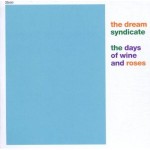
JM: Could you give me your reflections on the first Dream Syndicate album?
SW: We made it in 3 consecutive midnight to 8am sessions. That was it. 3 late nights and a record that people still enjoy and a record that made it possible to keep doing the things that I love doing. We were just trying to get our live show on tape.
JM: Many listeners detect a Velvet Underground influence on that album. Have you ever had any substantial interactions with Lou Reed?
SW: We talked about guitar pedals backstage at the Bottom Line for a few minutes. That was enough for me.
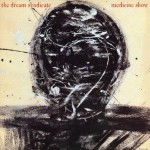
JM: The second Dream Syndicate album, Medicine Show, was recently re-released. Could you describe the recording of that album, and what Sandy Pearlman brought to it?
SW: Sandy helped us to examine the possibility of what we could do with our songs. He helped us to make a record that was much more cinematic and ambitious and also more dangerous than the first. He also helped to stretch a record that should have taken one month into six months but had I done some research and background checking, I would have known that was his MO. Anyway, I loved the record at the time and still do so all kudos to the enigmatic Sandy P.
JM: Do you feel that Medicine Show is finally getting its proper due?
SW: To be honest, it always got its proper due. Just not so much in the US. But in Europe it was received as the second coming of rock and roll. It still makes lists of the the best rock albums of all time. I think that the record has begun to get the same kind of revisionist appreciation over here as well which is nice.
JM: The Dream Syndicate toured with R.E.M. after that album was released. What was that like, and did this sow the seeds for Peter Buck joining the Baseball Project years later?
SW: Peter and I had met a year before that but the 2 months we spent together on the road was the real beginning of a great friendship that is over 25 years strong. It’s a blast to finally be in a band with him.
JM: Kendra Smith left The Dream Syndicate before Medicine Show was recorded. Do you stay in touch with her at all?
SW: We exchange the occasional email but nothing as of late. A good reminder to drop her a line. She was one of my best friends in the world back when we were just out of our teens and friends like that stay friends for life.
JM: There are more Dream Syndicate albums, plus solo Steve Wynn albums, albums you did with The Miracle 3, Gutterball, perhaps more. How would you say your music has evolved over the years?
SW: I honestly feel I keep getting better at what I do. I understand the love of the music I made in the 80s with the Dream Syndicate but I’ll take the music I’ve made in the last 10 years over anything I did before.
JM: Which Steve Wynn-related albums would you recommend to newcomers to your music?
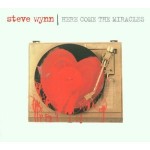
SW: Most likely either “Here Come the Miracles” or “Northern Aggression” though I’m really proud of “Crossing Dragon Bridge” as well.
JM: Do you have a personal favorite Steve Wynn-related album?
SW: Ha ha — I’m not sure what that means but I like the idea. I might have answered that in the last response.
JM: What are your plans, musical or otherwise, for the near future?
SW: Just to keep doing what I do and find new and better ways to do it. Oh, and write a book. There are some stories to tell.
JM: Do you want to set the record straight on anything about your music or career?
SW: Nah. Why break the mystery.
JM: What advice would you give to an aspiring songwriter/musician?
SW: Remember: you are always right. No matter what people tell you or what came before, you are always right. If you hear it and you feel it and it rings true to you, then that’s what you’ve got to do.
JM: For the article, where are you responding from?
SW: I’m responding from my apartment in Manhattan, a place I haven’t been much in the last six months.
JM: Finally, are you planning to visit Super Rica while you’re in the area?
SW: Let me put it this way: the last time I was in Santa Barbara, I ate at Super Rica 3 times in 24 hours. Does that answer your question? Man, I love that place!

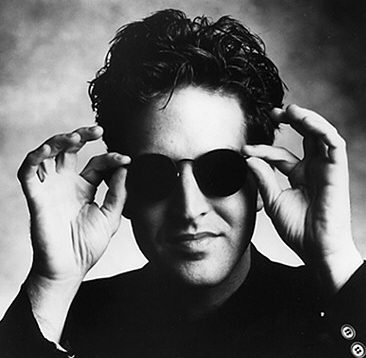
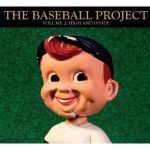
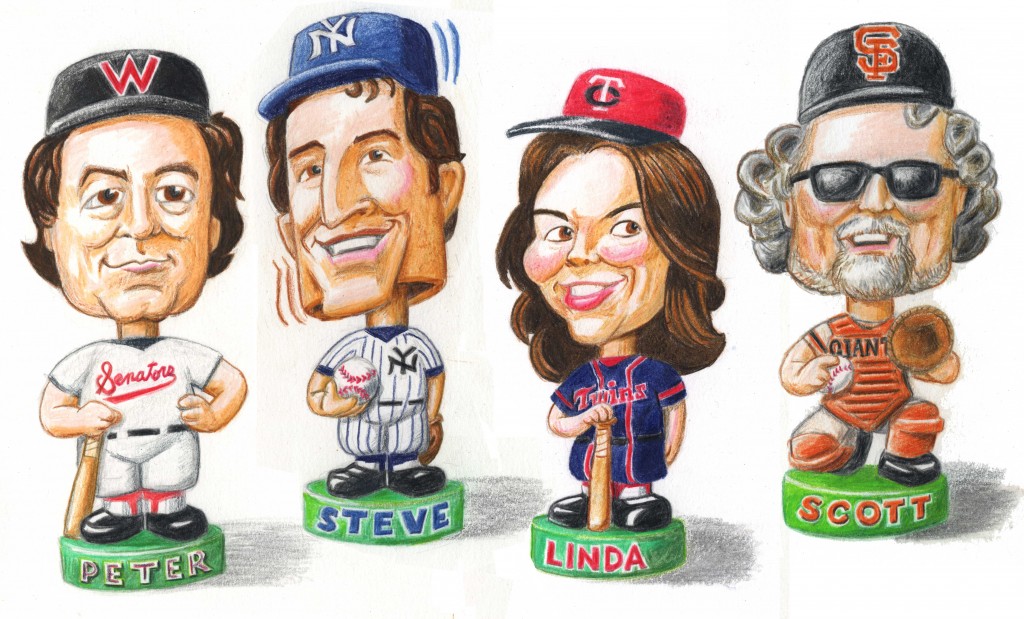
I’ve been reading many articles on music-illuminati.com.
Supporting Music-Illuminati.com | Interview: Steve Wynn best so far.